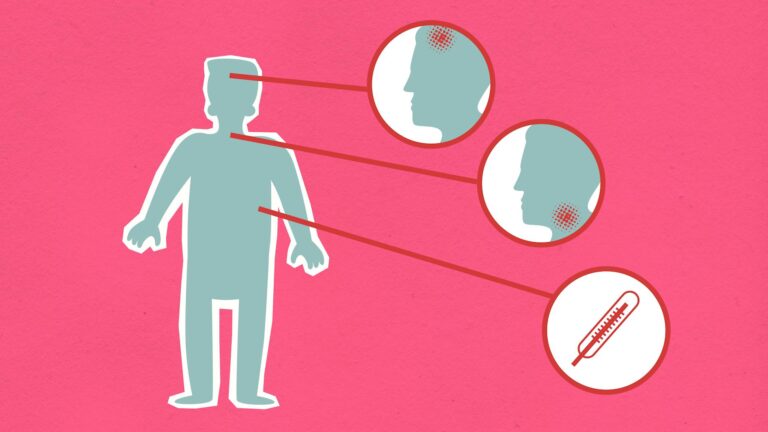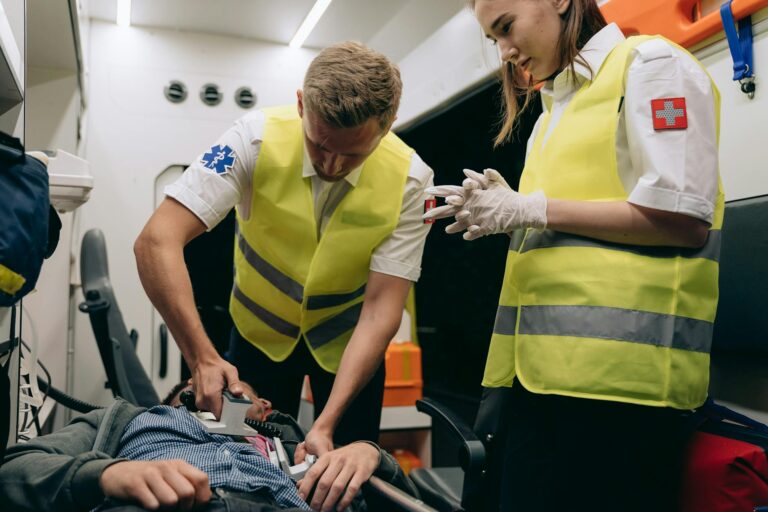Post-traumatic stress disorder (PTSD) is a mental health condition that can affect people who have experienced or witnessed a traumatic event. It is often associated with anxiety, depression, and flashbacks, but what many people may not know is that PTSD can also impact a person’s executive function.
So what exactly is executive function? It is a set of cognitive processes that help us plan, organize, and carry out tasks in our daily lives. These processes include working memory, flexibility, self-control, and problem-solving. They are essential skills that allow us to function effectively and navigate our environment.
However, when a person has PTSD, these executive functions can become disrupted. Let’s take a closer look at how PTSD can affect executive function and the implications it can have on a person’s daily life.
Working Memory
Working memory is the ability to hold and manipulate information in our minds for a short period of time. It is essential for learning and completing tasks. In individuals with PTSD, their working memory may be affected as they struggle to concentrate and focus on daily tasks due to intrusive thoughts and memories of their trauma. This can make it challenging to remember important details, follow instructions, or complete tasks accurately.
Flexibility
Flexibility is the ability to adjust to changes in our environment or plans. People with PTSD may find it difficult to adapt to changes due to their heightened state of alertness and hypervigilance. They may also have difficulty switching between tasks and may become overwhelmed by sudden changes or unexpected events. This can lead to feelings of frustration and can make it challenging to cope with daily routines and responsibilities.
Self-Control
Self-control refers to the ability to manage our emotions and impulses. People with PTSD may experience intense emotions such as anger, fear, or guilt, which can be overwhelming and challenging to control. This can lead to impulsive behaviors that may be harmful or disruptive to their own well-being and relationships. Additionally, individuals with PTSD may also struggle with sleep disturbances, which can further impact their ability to regulate their emotions and impulses.
Problem-Solving
Problem-solving involves the ability to identify and execute solutions to challenges or obstacles. PTSD can impact a person’s problem-solving abilities because it can cause distorted thinking patterns and a negative outlook on life. This can make it challenging to think logically and rationally, hindering their ability to find practical solutions to problems. As a result, individuals with PTSD may feel overwhelmed and stuck in their negative thoughts, making it difficult to move forward in their daily lives.
In conclusion, PTSD can have a significant impact on executive function, making it challenging for individuals to carry out daily tasks and responsibilities. It can also affect their social interactions and relationships, leading to feelings of isolation and frustration. It is essential for individuals with PTSD to seek proper treatment to help manage their symptoms and improve their executive function.
Therapies such as cognitive-behavioral therapy (CBT) and eye movement desensitization and reprocessing (EMDR) have been proven effective in treating PTSD and helping individuals develop coping mechanisms to improve their executive function. Additionally, practicing self-care and engaging in activities that promote relaxation and stress relief can also aid in managing symptoms of PTSD.
It is also vital for society to understand the impact of PTSD on a person’s executive function and to provide support and understanding to those who are struggling. Simple accommodations, such as providing written instructions or allowing for flexible schedules, can make a significant difference in helping individuals with PTSD manage their symptoms and improve their executive function.
In summary, PTSD can have a profound effect on a person’s executive function, making it challenging to manage daily tasks and responsibilities. With proper treatment and support from loved ones, individuals with PTSD can learn to cope with their symptoms and improve their executive function, ultimately leading to a better quality of life.





